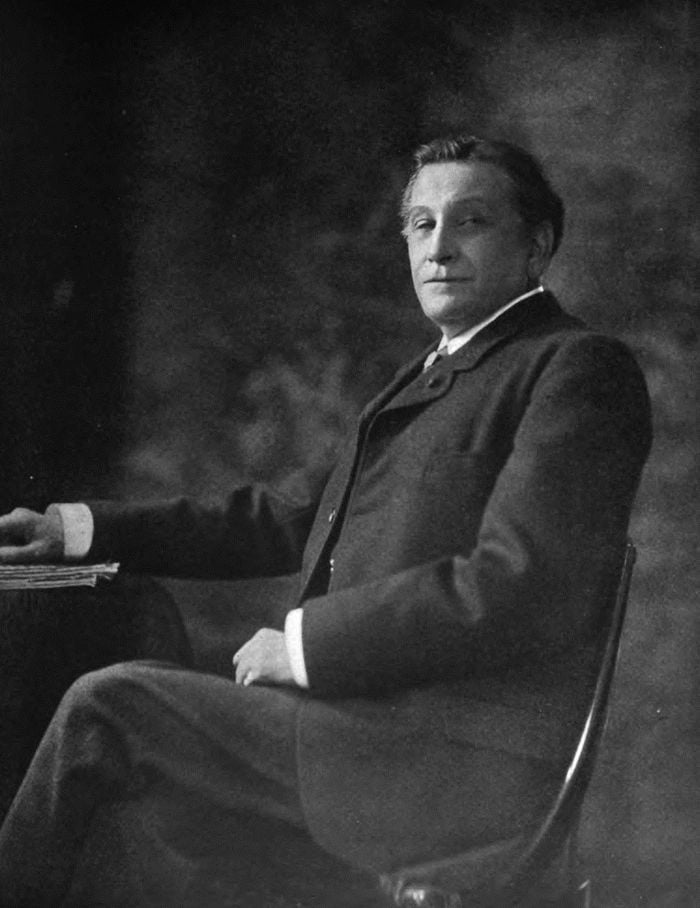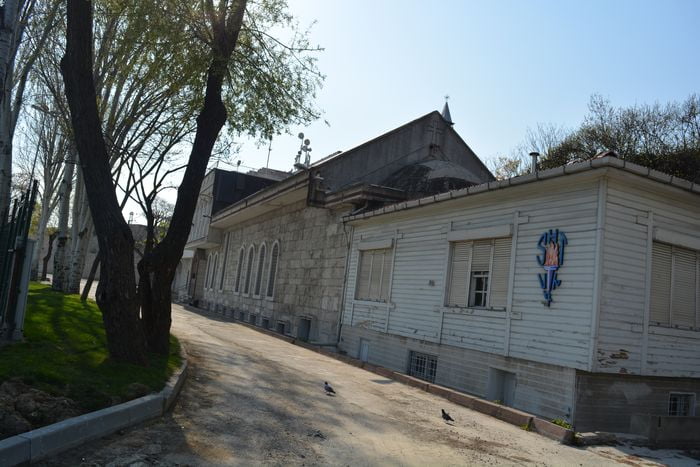Horatius at the Bridge
By this time the Tarquins had fled to Lars Porsena, king of Clu- sium. There, with advice and entreaties, they besought him not to suffer them, who were descended from the Etrurians and of the same blood and name, to live in exile and poverty; and advised him not to let this practice of expelling kings to pass unpunished. Liberty, they declared, had charms enough in itself; and unless kings defended their crowns with as much vigor as the people pursued their liberty, the highest must be reduced to a level with the lowest; there would be nothing exalted, nothing distinguished above the rest; hence there must be an end of regal government, the most beautiful institution both among gods and men. Porsena, thinking it would be an honor to the Tuscans that there should be a king at Rome, especially one of the Etrurian nation, marched towards Rome with an army.
Never before had such terror seized the Senate, so powerful was the state of Clusium at the time, and so great the renown of Porsena. Nor did they only dread their enemies, but even their own citizens, lest the common people, through excess of fear should, by receiving the Tarquins into the city, accept peace even though purchased with slavery. Many concessions were therefore granted to the people by the Senate during that period. Their attention, in the first place, was directed to the markets, and persons were sent, some to the Volscians, others to Cumae, to buy up corn. The privilege of selling salt, because it was farmed at a high rate, was also taken into the hands of the government, and withdrawn from private individuals; and the people were freed from port-duties and taxes, in order that the rich, who could bear the burden, should contribute; the’poor paid tax enough if they educated their children. This indulgent care of the fathers accordingly kept the whole state in such concord amid the subsequent severities of the siege and famine, that the highest as well as the lowest abhorred the name of king; nor was any individual afterwards so popular by intriguing practices as the whole Senate was by their excellent government.
Some parts of the city seemed secured by the walls, others by the River Tiber. The Sublician Bridge wellnigh afforded a passage to the enemy, had there not been one man, Horatius Codes (fortunately Rome had on that day such a defender) who, happening to be posted on guard at the bridge, when he saw the Janiculum taken by a sudden assault and the enemy pouring down thence at full speed, and that his own party, in terror and confusion, were abandoning their arms and ranks, laying hold of them one by one, standing in their way and appealing to the faith of gods and men, he declared that their flight would avail them nothing if they deserted their post; if they passed the bridge, there would soon be more of the enemy in the Palatium and Capitol than in the Janiculum.
First entrance of the bridge
For that reason he charged them to demolish the bridge, by sword, by fire, or by any means whatever; declaring that he would stand the shock of the enemy as far as could be done by one man. He then advanced to the first entrance of the bridge, and being easily distinguished among those who showed their backs in retreating, faced about to engage the foe hand to hand, and by his surprising bravery he terrified the enemy. Two indeed remained with him from a sense of shame: Sp. Lartius and T. Herminius, men eminent for their birth, and renowned for their gallant exploits. With them he for a short time stood the first storm of the danger, and the severest brunt of the battle. But as they who demolished the bridge called upon them to retire, he obliged them also to withdraw to a place of safety on a small portion of the bridge that was still left.
Then casting his stern eyes toward the officers of the Etrurians in a threatening manner, he now challenged them singly, and then reproached them, slaves of haughty tyrants who, regardless of their own freedom, came to oppress the liberty of others. They hesitated for a time, looking round one at the other, to begin the fight; shame then put the army in motion, and a shout being raised, they hurled weapons from all sides at their single adversary; and when they all stuck in his upraised shield, and he with no less obstinacy kept possession of the bridge, they endeavored to thrust him down from it by one push, when the crash of the falling bridge was heard, and at the same time a shout of the Romans raised for joy at having completed their purpose, checked their ardor with sudden panic. Then said Codes:
“Holy Father Tiber, I pray thee, receive these arms, and this thy soldier, in thy propitious stream.” Armed as he was, he leaped into the Tiber, and amid showers of darts, swam across safe to his party, having dared an act which is likely to obtain with posterity more fame than credit. The state was grateful for such valor; a statue was erected to him in the comitium, and as much land given to him as he could plow in one day. The zeal of private individuals was also conspicuous among his public honors. For amid the great scarcity, each contributed something, according to his supply depriving himself of his own support.
The above text has been copied from www.ensarislamoglu.com; For the rest of the story you can visit link Horatius at the Bridge.
Read More about Ancient Bulgaria tour








